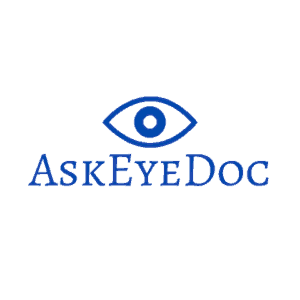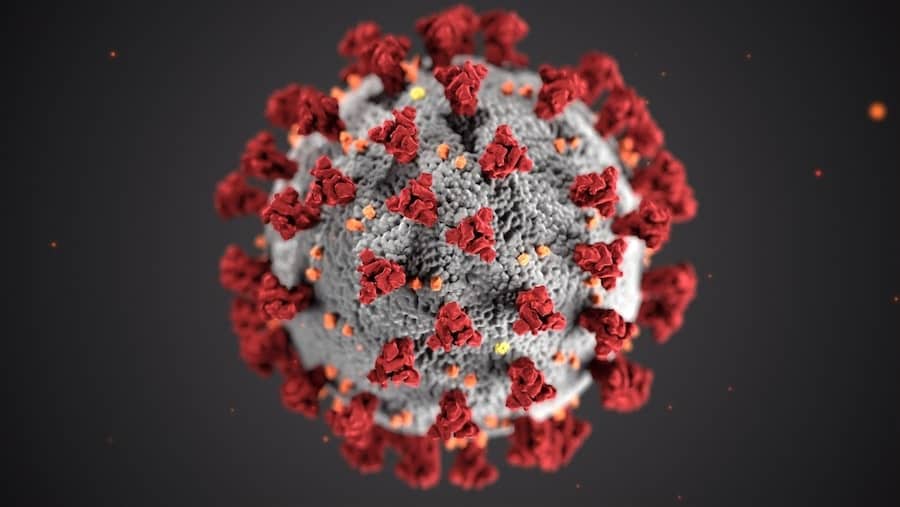There have been some important updates in regards to COVID-19 and the eye that I would like to share.
This is the time of year when allergies are in full swing, and as far as the eye is concerned that means that you may experience itchy, red, watery eyes. Unlike COVID-19 viral conjunctivitis, patients with allergic conjunctivitis do not have a fever.
Symptoms to be concerned about:
- fever
- cough
- shortness of breath or trouble breathing
- bluish color to lips or face
- chest pain or pressure
- being extremely tired or feeling like you will collapse if you stand up
- loss of smell/taste
- feeling a new sense of confusion
Most cases of COVID-19 have not presented with ocular symptoms. According to the American Academy of Ophthalmology only about 1% to 3% of coronavirus patients presenting with viral conjunctivitis. However, keep in mind COVID-19 virus can be spread by touching your eyes.
Here is the link for my post on COVID-19 viral conjunctivitis.
Eye Care during the COVID-19 pandemic:
- Expect changes to your routine eye exam & procedures
- Possible postponement of non-emergencies procedures
- Eye Doctors added a special plastic breath shield barrier between you two during slit lamp- please don’t talk while doctors are so so close to your eyes
- Doctors may ask you to stay home if you are not feeling well or to wear a protective mask
- Consider wearing corrective goggles or sunglasses to protect your eyes
- Stock up on eye medicine or request refills for prescriptions, don’t wait until the last minute to contact your pharmacy.
- Avoid rubbing your eyes
Drugs to treat COVID-19 can come with ocular side effects
Antimalarial drugs, Hydroxychloroquine and chloroquine have been used for decades to treat lupus, rheumatoid arthritis and other auto-immune diseases. These same medications are now being used short-term to treat COVID-19. Rarely (about 1-2% of patients during a 5-year course) present with ocular signs and symptoms due to medication toxicity.
The symptoms of ocular toxicity to Hydroxychloroquine or Chloroquine are:
- Trouble focusing on objects straight ahead, due to loss of central vision
- Difficulty reading
- Weak, blurry or distorted vision
- Changes in color vision
The Bottom Line
This pandemic has changed all of our lives in one way or another. If you have health concerns many doctors are available for phone or video consultation. Before heading over to see your doctor call first.
At the Tayani Institute, we are open to help reduce the load on the emergency rooms for all your eye care needs. We are taking all the necessary steps to clean and disinfect to protect against the spread of COVID-19. We are also providing telemedicine appointments to our patients to minimize face-to-face contact during this pandemic.


